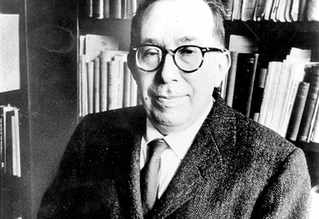Leo Strauss greatly revived the study of political philosophy in the twentieth century and in the process reinvigorated discussion of the permanent questions of politics. Many Catholic thinkers who desired to engage modernity in its philosophical and political depths found in Strauss a worthy guide, in part because of the weaknesses of Catholic thought in addressing modern political and social conditions. This meeting of Strauss's mind and Catholic minds is worthy of consideration, for it led to significant questions and debates about faith and reason, the ancient and modern political worlds, the place of the philosopher, and the contest of natural right versus natural law, to name a few. Can the real differences between Strauss's oeuvre and the Catholic intellectual tradition be reconciled? If not, what do such divergences amount to for Catholic thinkers who have a certain lowercase piety for Strauss? The excellent volume of essays, Leo Strauss and His Catholic Readers, edited by Geoffrey M. Vaughan, considers these questions and more.
Between Rome and 'Jerusalem and Athens'
Read Full Article »
Comment
Show comments
Hide Comments




